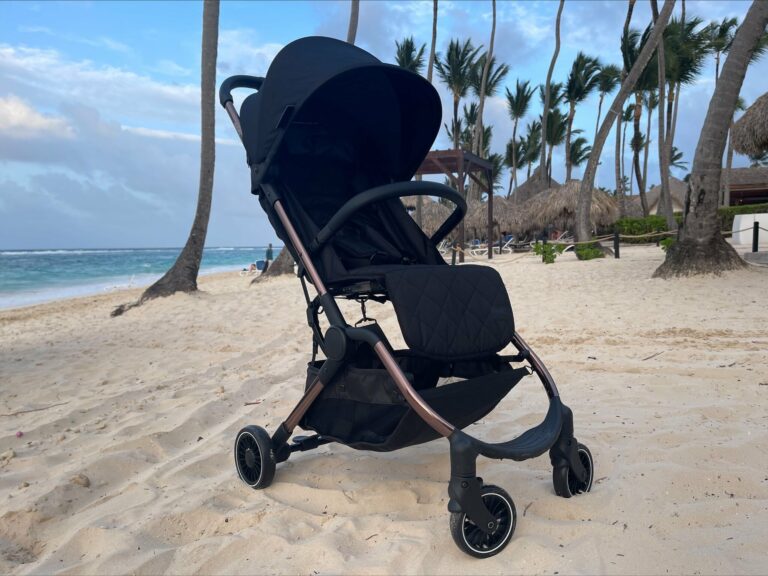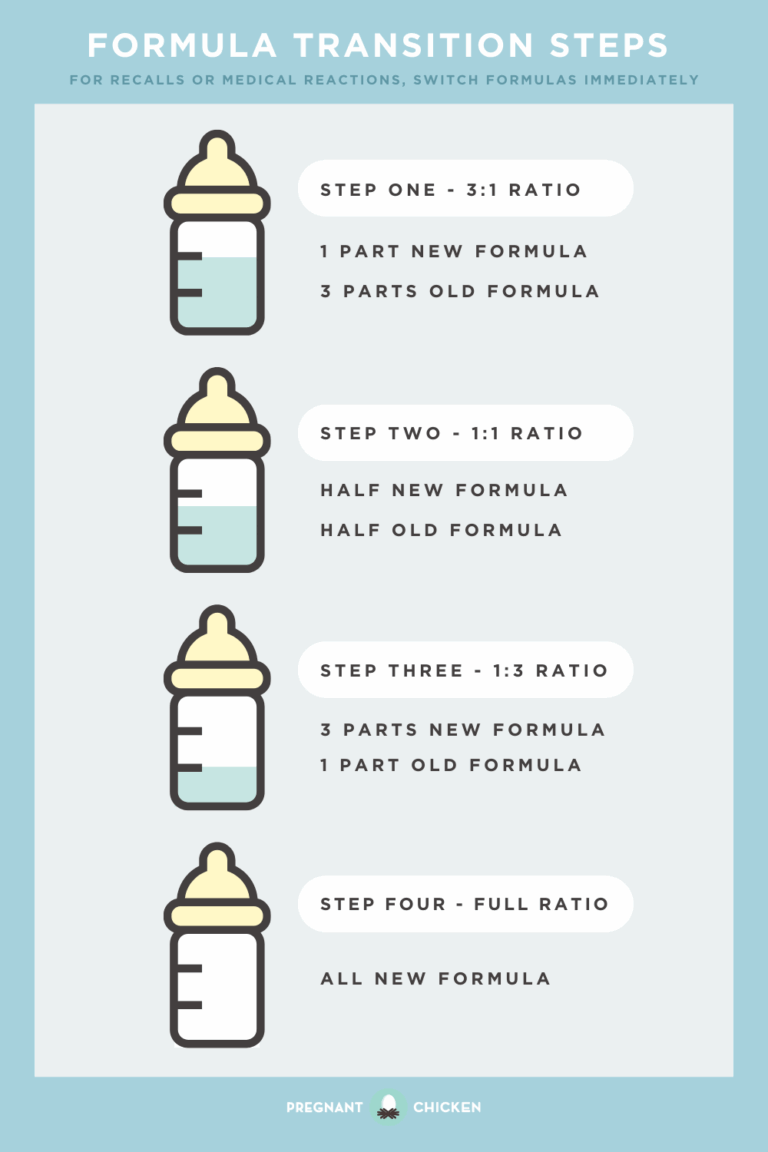Whats The Earliest A Baby Can Be Born And Survive: Exploring Premature Birth Survival Rates
When it comes to pregnancy, one of the most common concerns is the risk of premature birth. Parents-to-be often wonder: what’s the earliest a baby can be born and survive? This question is not only a source of anxiety but also a topic of great interest in the medical field. In this article, we will delve into the details of premature birth survival rates, exploring the factors that influence a baby’s chances of thriving when born early.
Knowledge
Premature birth, also known as preterm birth, is defined as giving birth before 37 weeks of gestation. Babies born prematurely face a range of health challenges due to their underdeveloped organs and systems. The survival rate of premature babies largely depends on the gestational age at birth and the level of medical care available.
The earliest a baby can be born and survive is around 22-23 weeks of gestation. Babies born at this stage are considered extremely premature and face significant health risks. The chances of survival increase with each week of gestation, with babies born at 24-25 weeks having a higher likelihood of survival.
Advances in medical technology have greatly improved the survival rates of premature babies. Neonatal intensive care units (NICUs) provide specialized care for preterm infants, including respiratory support, temperature regulation, and nutritional assistance. These interventions play a crucial role in helping premature babies overcome the challenges of early birth.
While many premature babies survive and thrive with proper medical care, some may experience long-term health issues. These can include developmental delays, respiratory problems, and neurological disorders. Early intervention and ongoing medical monitoring are essential for supporting the health and development of preterm infants.
Conclusion
In conclusion, the question of what’s the earliest a baby can be born and survive is a complex one with no simple answer. While medical advancements have increased the chances of survival for premature babies, the risks associated with early birth remain significant. It’s important for parents and healthcare providers to work together to provide the best possible care for preterm infants.
For parents facing the possibility of premature birth, it’s essential to stay informed and prepared for the challenges ahead. By understanding the factors that influence premature birth survival rates, families can make informed decisions and advocate for the best possible outcomes for their babies.
Ultimately, the survival of premature babies is a testament to the resilience of the human spirit and the power of modern medicine. As we continue to learn more about preterm birth and its impact on families, we move closer to a future where every baby has the best chance at a healthy start in life.






